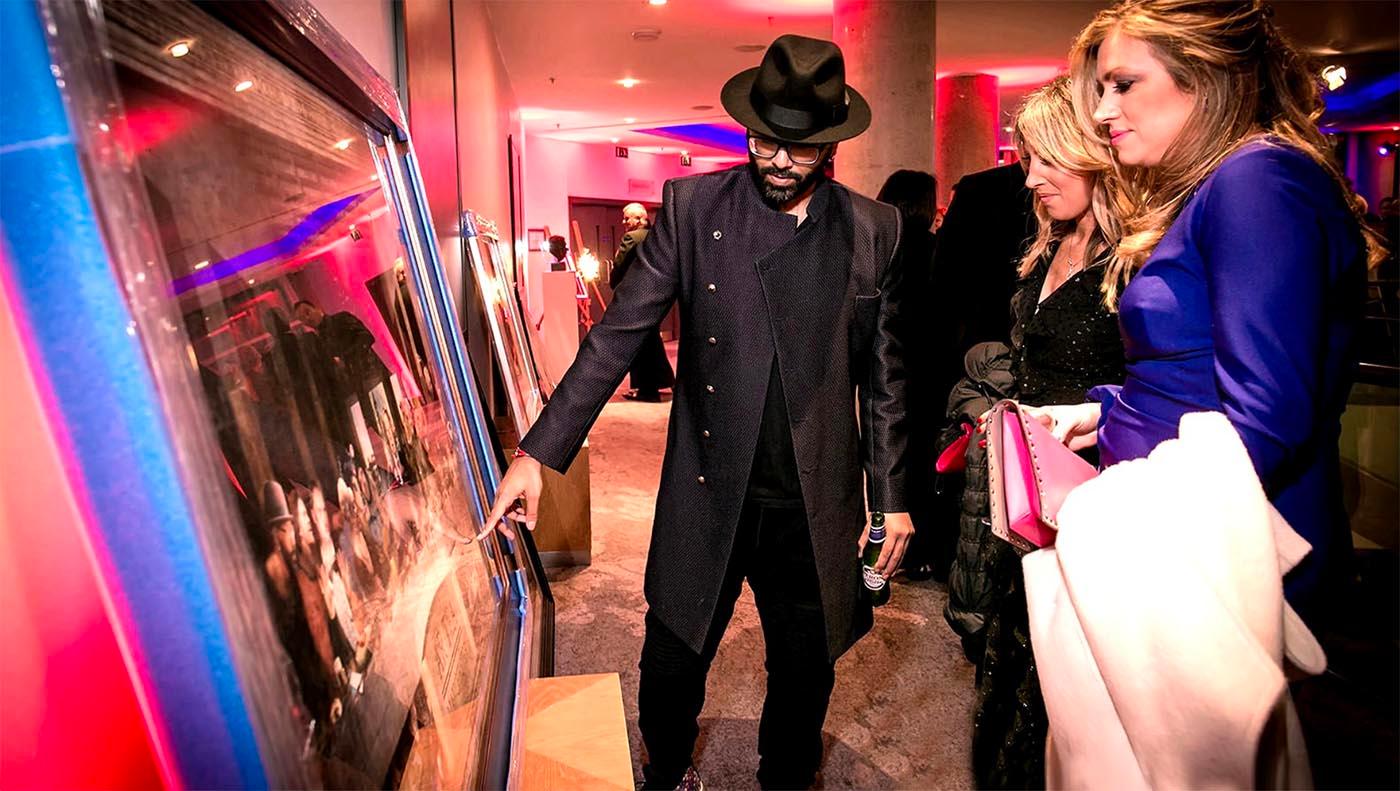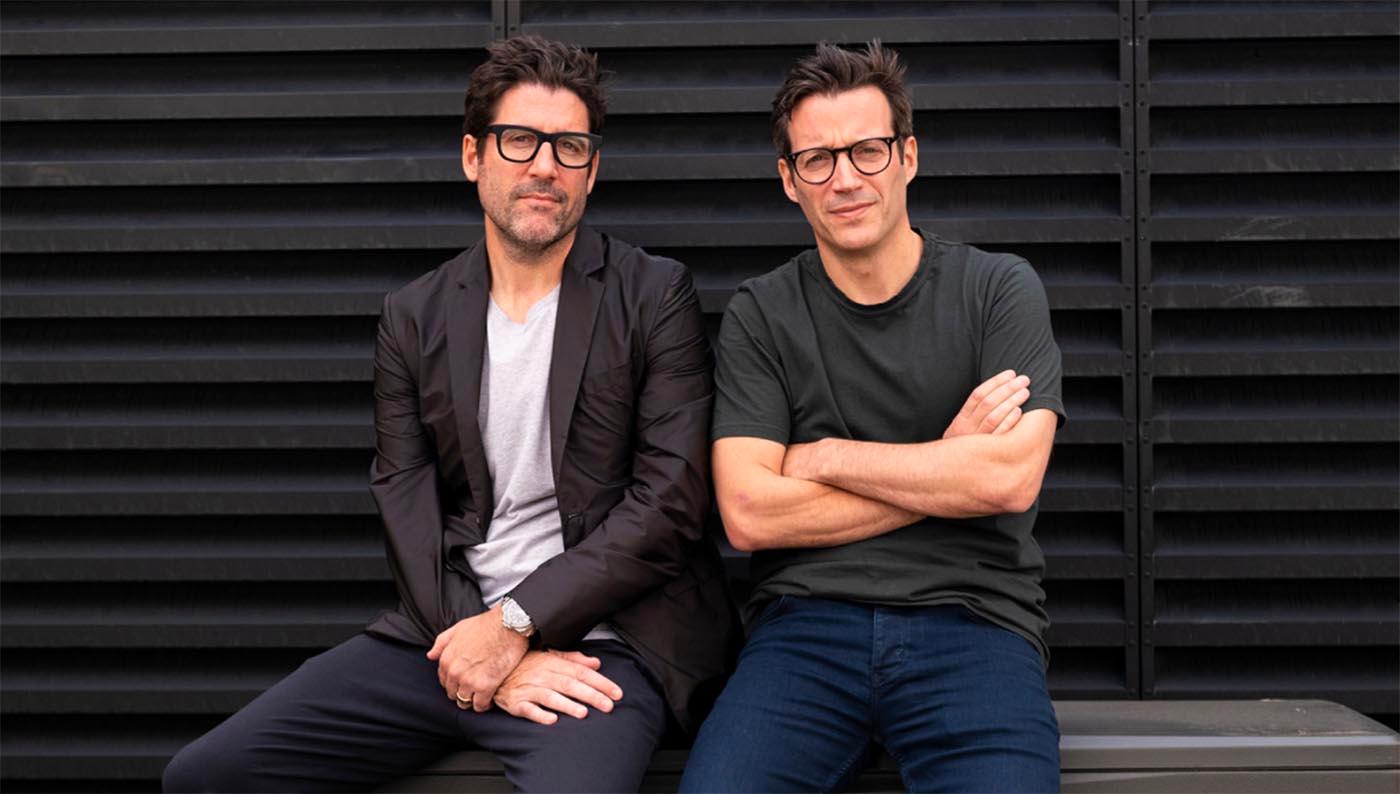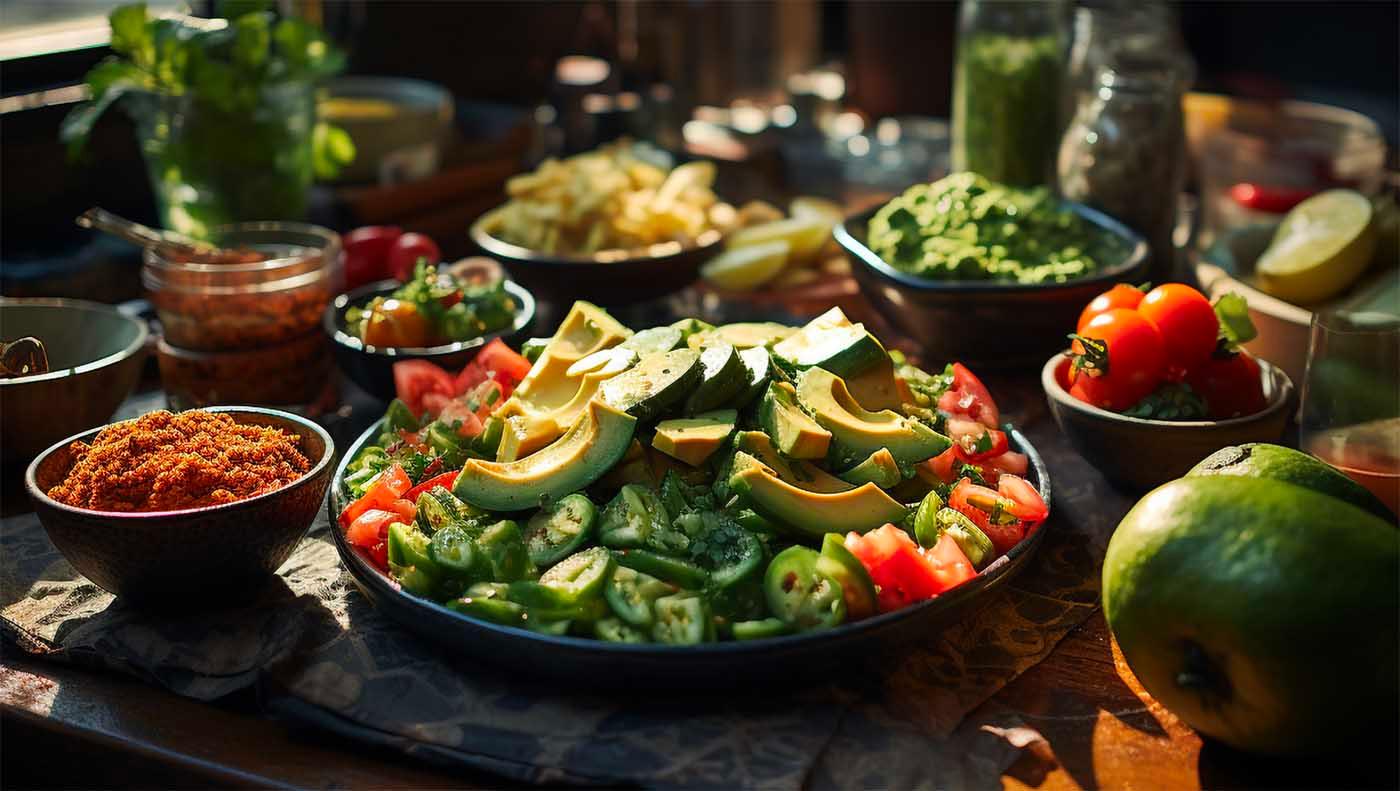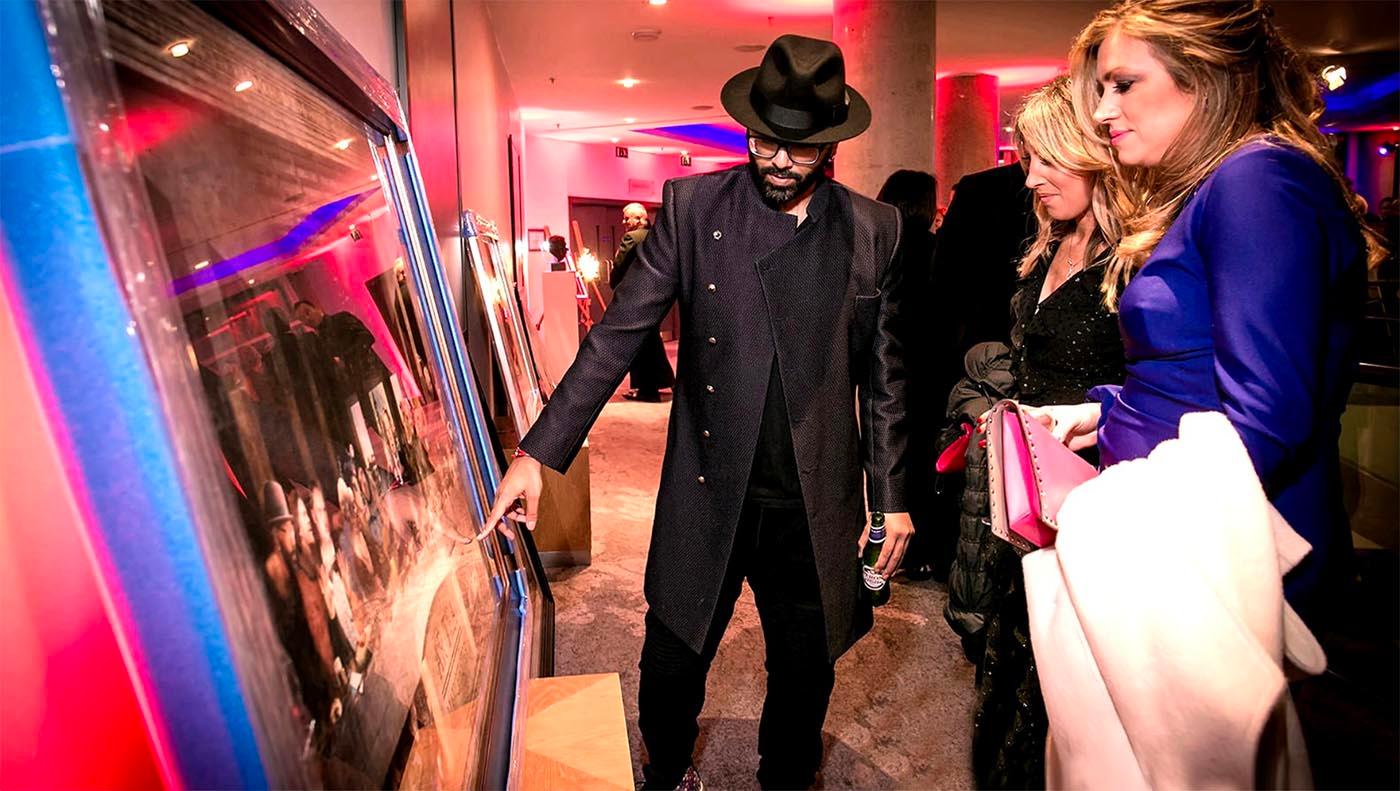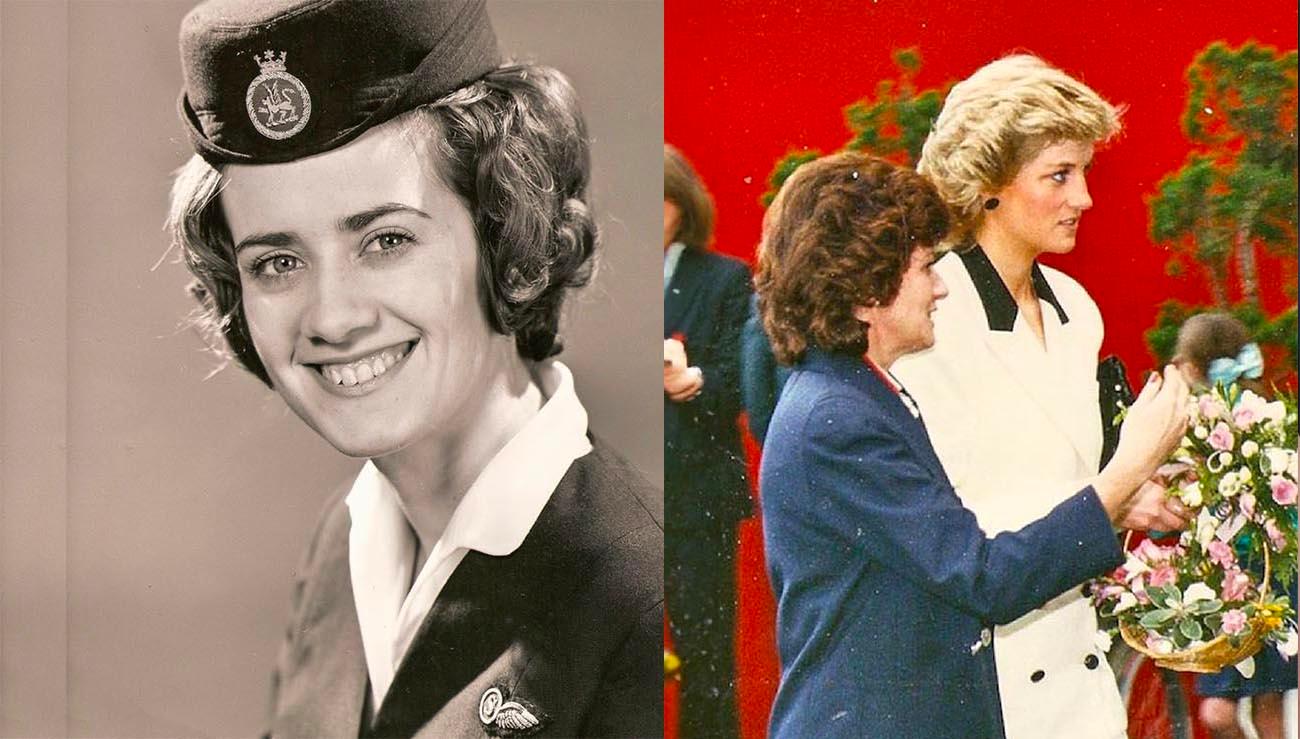The Tradition of Christmas Dinner and Turkey
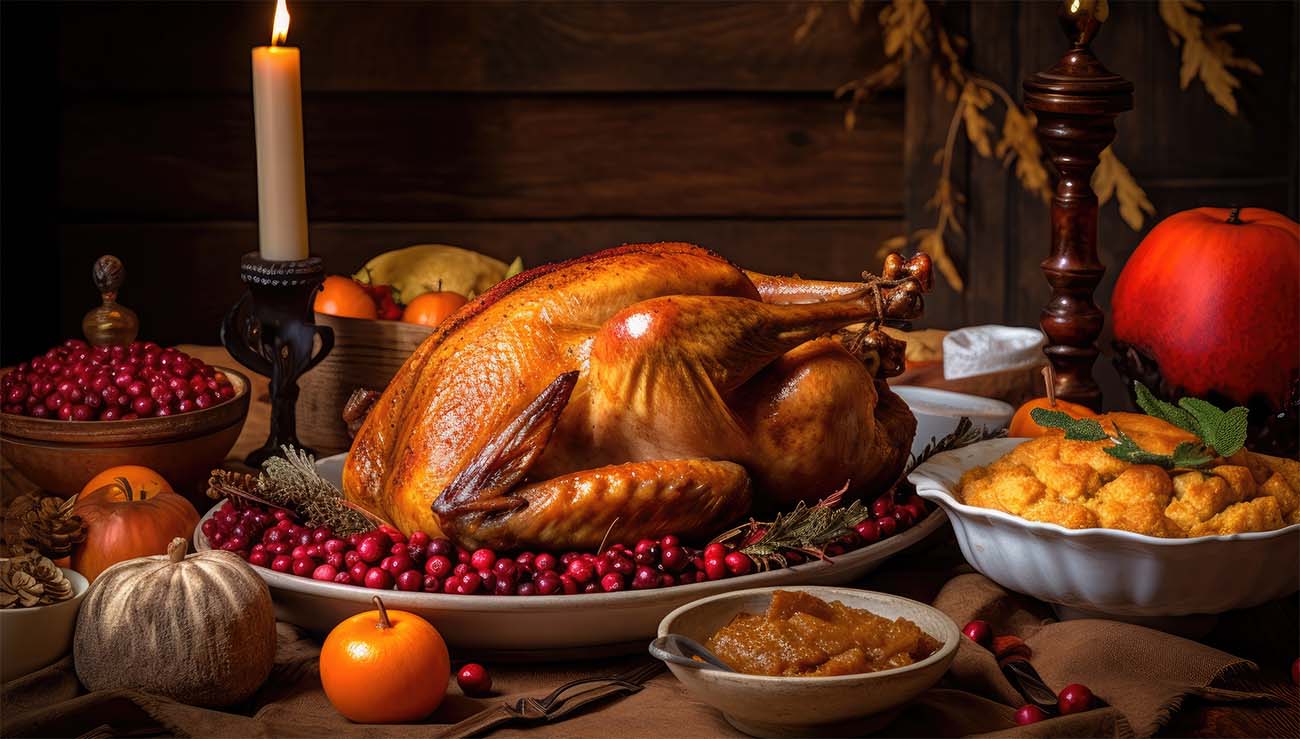
The tradition of enjoying a festive Christmas dinner, particularly featuring turkey, is deeply rooted in history and culture. While various countries have their unique holiday meals, the turkey has become synonymous with Christmas in many English-speaking nations, especially in the United Kingdom and the United States.
The origins of the Christmas dinner can be traced back to ancient times when feasting was a significant aspect of winter celebrations. Early Christians adopted these customs, merging pagan practices with their own traditions. In medieval England, Christmas feasts often included various meats, such as beef, goose and even peacock. However, the turkey, native to North America, began to gain popularity in Europe after being introduced in the 16th century.
By the 17th century, the turkey had become the preferred bird for festive occasions in England. It was larger than traditional birds like chickens and geese, making it ideal for feeding larger gatherings during Christmas. The shift towards turkey as the centerpiece of the holiday meal was solidified by the Victorian era, when social customs began to formalize the concept of the family Christmas dinner. Writers such as Charles Dickens helped popularize this notion, highlighting the importance of family gatherings and communal meals.
In contemporary society, Christmas dinner typically includes not only turkey but also an array of side dishes like stuffing, cranberry sauce, roasted vegetables, and of course a rich dessert such as Christmas pudding. This lavish meal reflects the spirit of the holiday season, emphasizing generosity, togetherness and celebration.
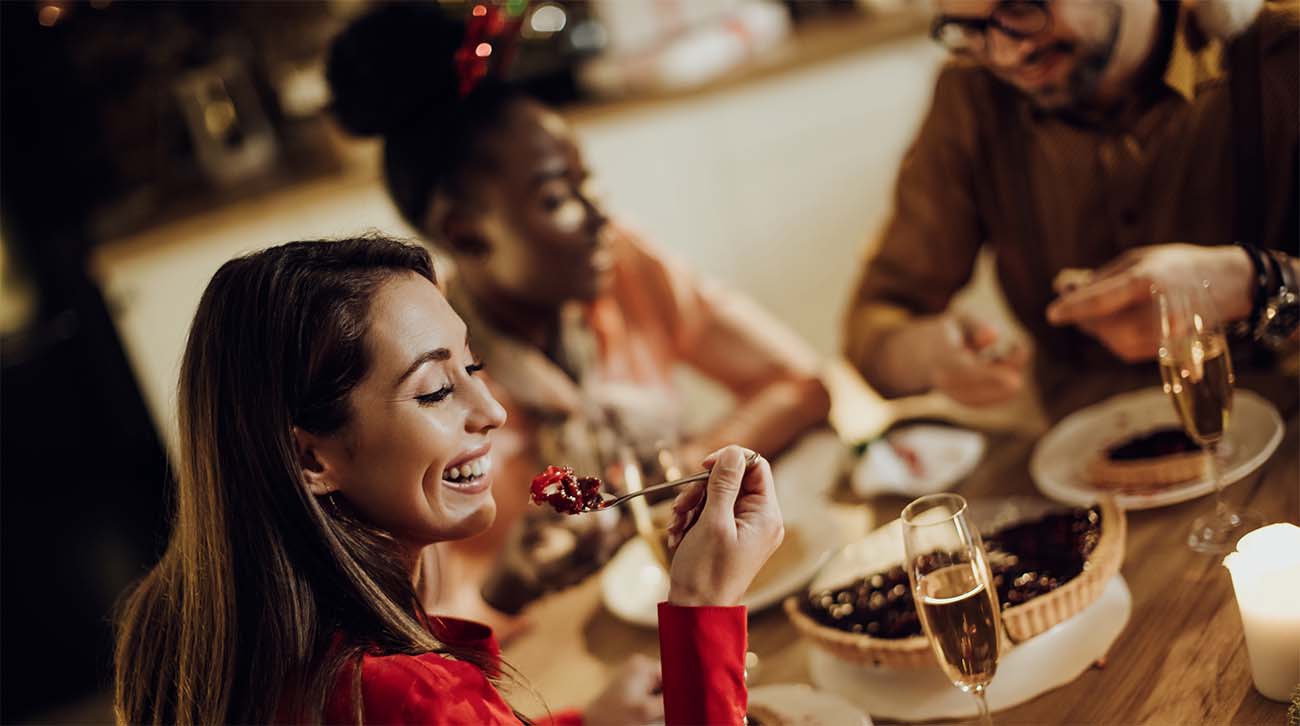
However, the increasing awareness of animal rights and environmental issues has prompted many to reconsider traditional holiday practices, including the consumption of turkey. This is where the voice of contemporary poets like Benjamin Zephaniah resonates deeply. In his poem “Don’t Eat the Turkey,” Zephaniah challenges the norm by urging people to think about the lives of the animals that are sacrificed for our feasts. His poignant words capture the essence of compassion towards all living beings:
“Don’t eat the turkey,
We can have a party without cruelty,
No need for harm,
Just share the love, not the alarm.”
Zephaniah’s poem is not just a plea for kindness towards animals; it also invites reflection on the broader implications of our food choices. As society grapples with issues such as climate change and ethical eating, many families are opting for plant-based alternatives or other proteins during the festive season. This shift marks a significant evolution in how we view holiday traditions, combining respect for animal rights with the desire to preserve cultural customs.
The conversation around Christmas dinner is thus not solely about the food served but also about the values and ethics surrounding it. By incorporating Zephaniah’s message into our holiday celebrations, we can honor the spirit of Christmas in a way that aligns with compassion and sustainability.
In conclusion, the tradition of Christmas dinner, particularly the prominence of turkey, has evolved over centuries from ancient feasts to modern family gatherings. While turkey remains a staple for many, voices like Benjamin Zephaniah’s encourage us to reconsider our choices and embrace a more ethical approach to holiday celebrations. As we gather around the table, let us reflect not only on the food we share but also on the values we wish to uphold during this festive season.

